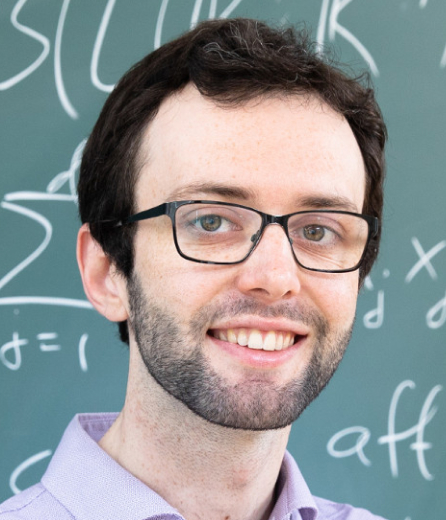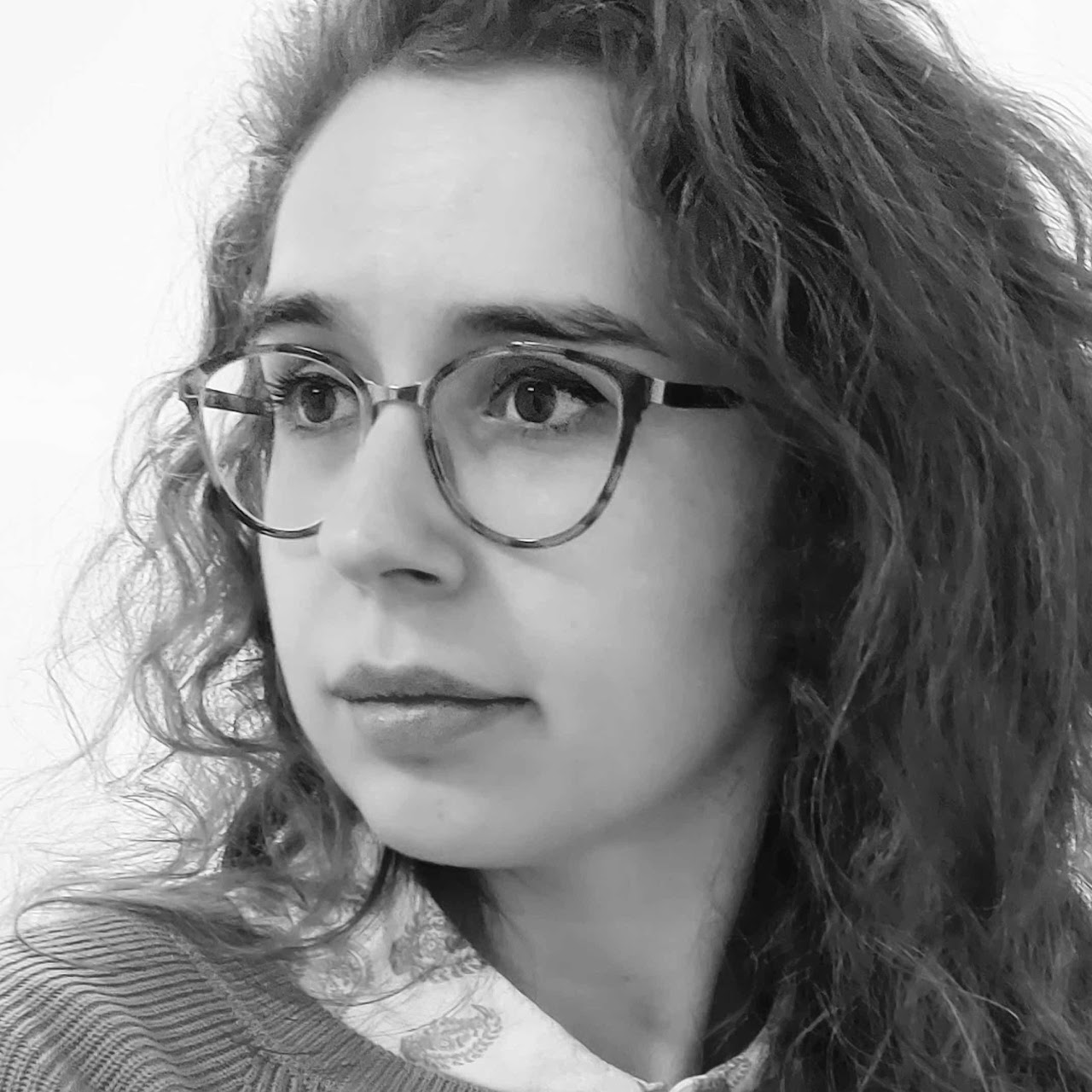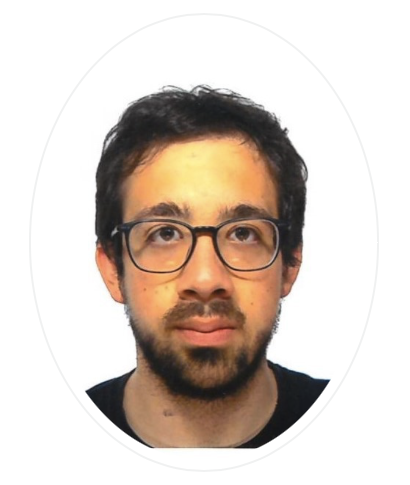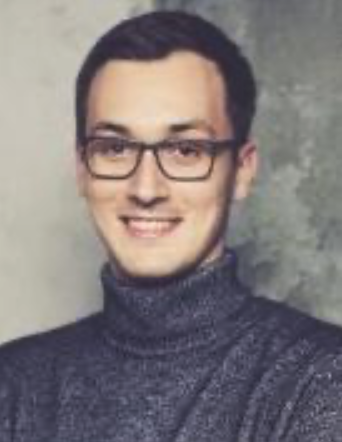The PhD lectures take place on Wednesday morning, usually at 11:30 Italian time.
November 5th, 2025
Simon Larson (Chalmers University of Technology)

Spectral theory of Schrödinger operators: spectral inequalities and uncertainty principles
In this talk, I will give a brief introduction to the spectral theory of Schrödinger operators, with a focus on the role of functional inequalities and uncertainty principles in the analysis of their eigenvalues. In particular, we will explore what can be deduced about the spectrum of such operators from properties of the objects appearing in their definition, such as the underlying geometry or the potential.
December 17th, 2025
Chris Bourne (Nagoya University)

Gapped Hamiltonians and topological phases
Starting from the quantum Hall effect and, more recently, topological insulators, there is a vast physical and mathematical literature on 'topological phases of matter'. For this PhD Lecture, we will give a gentle introduction to this topic. We explain how topological quantities can be assigned to Hamiltonians with a spectral gap and how this quantity may change depending on symmetries of the underlying system.
January 7th, 2026
María Ángeles García-Ferrero (Instituto de Ciencias Matemáticas, Madrid)

Inverse problems and quantum mechanics
Roughly speaking, an inverse problem seeks, from a set of observations, to determine the causal factors that produced them. In this lecture we will introduce some inverse problems related to quantum mechanics, in which the goal will be to find the potential or the Hamiltonian describing a system from experiments or measurements that do not destroy it.
February 25th, 2026
Girorgio Cipolloni (University of Rome Tor Vergata)

TBA
TBA
Marc 25th, 2026
Dominik Sulz (TUM - Technical University of Munich)

TBA
TBA
